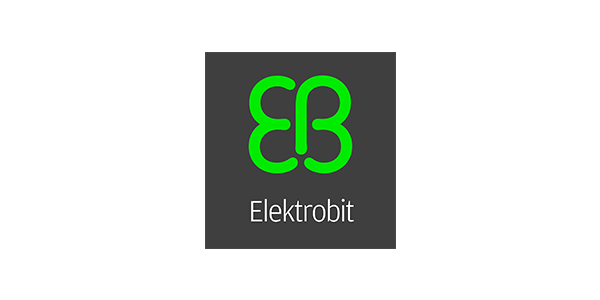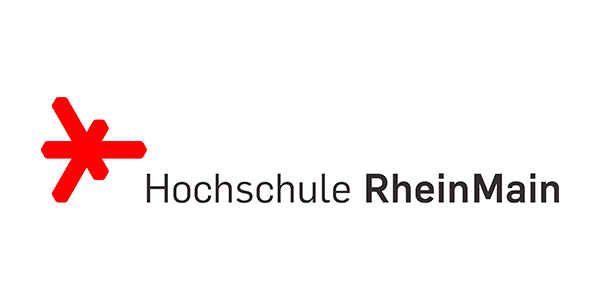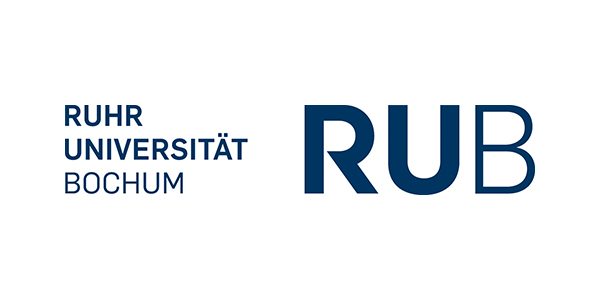QuantumRISC
Next Generation Cryptography
for Embedded Systems
It is only a matter of time until powerful quantum computers will be able to break the cryptographic methods currently in use to secure our digital communications. These quantum computers are threatening online banking, e-mail and other digital processes. We cannot yet predict when exactly sufficiently large and powerful quantum computers will be available. However, experts rate the risk that this will be the case in the next 10 to 15 years as very high.
For some years now, experts in IT security and cryptography have been investigating and developing alternative encryption methods that are able to withstand an attack using a powerful quantum computer - the so-called post-quantum cryptography (PQC).
The major disadvantage of all these post-quantum methods is that they generally require more resources than the methods used today. According to current knowledge, they need more storage space for storing keys, more network bandwidth for transmitting keys and messages, or more computing power for creating keys, encryption and signing, or decryption and verification.
This is a major challenge for embedded systems in the industrial sector, as they are usually not very powerful due to cost and efficiency reasons, but are often used in safety-critical applications. Examples can be found in medical technology, telecommunications, in industrial plants or in the automotive sector. Such systems have to meet very high security requirements.
Goals of QuantumRISC
The QuantumRISC project aims to investigate post-quantum cryptography for resource-constrained embedded systems and to bring embedded PQC from theory into practice. One goal of the project is to optimize PQC primitives for both low power consumption and low storage requirements while maintaining a high level of security.
The project team first examines the exact requirements resulting from the limited capacities of embedded systems. The team then selects suitable methods and protocols that can withstand quantum-computer attacks according to the current state of science. The secure and efficient implementation of these primitives and protocols will be researched and they will be implemented in both hardware and software. The developed components and their possible use will be demonstrated in realistic industrial scenarios (by means of a demonstrator).
-
• Determination of use cases and requirements in industry.
-
• Selection and improvement of PQC primitives and protocols.
-
• Development of software libraries for PQC primitives.
-
• Development of hardware accelerators for PQC primitives.
-
• Software-Hardware co-design and definition of interfaces.
-
• Evaluation and integration into use cases and demonstrator.








